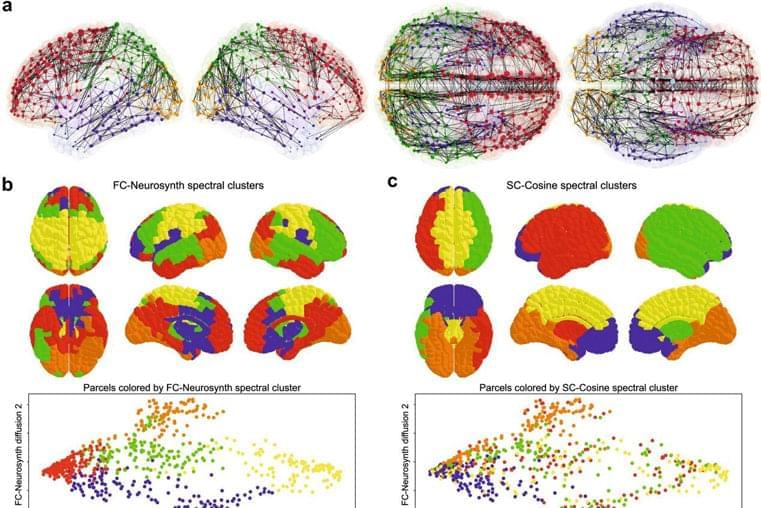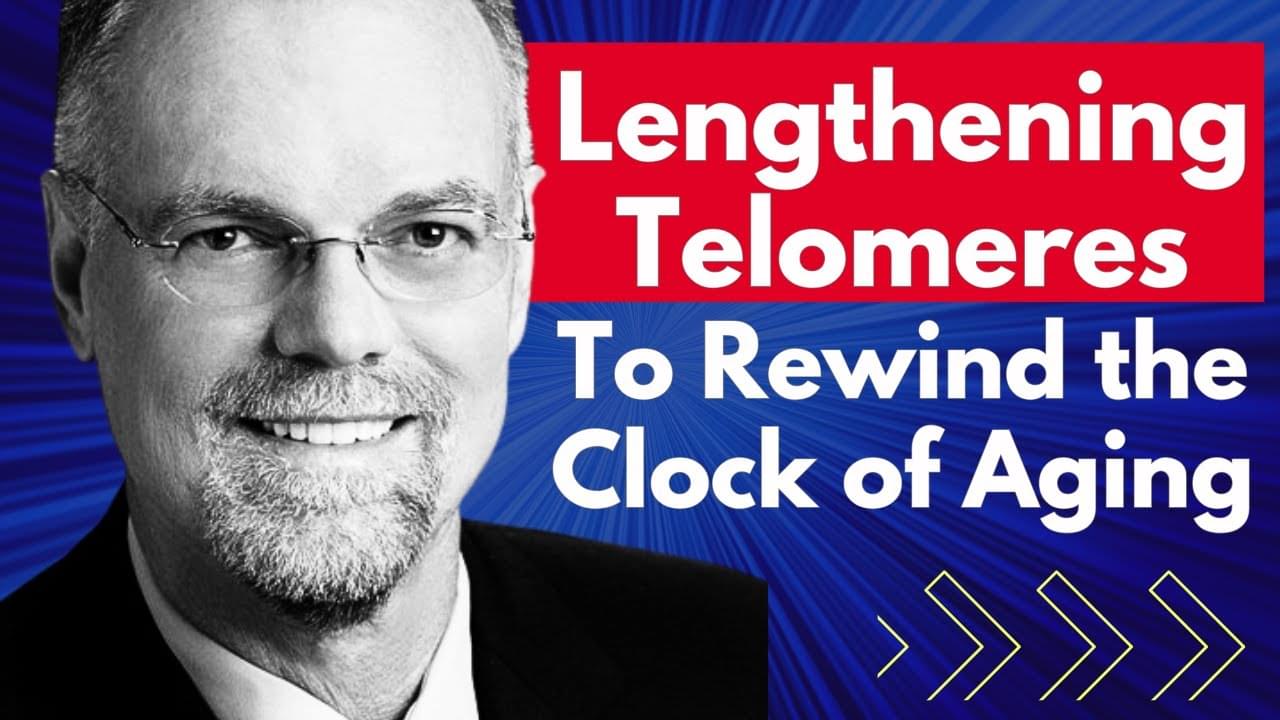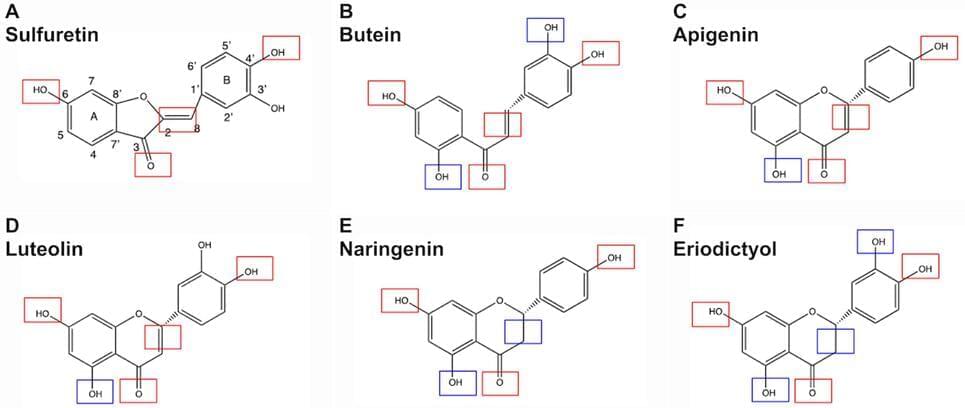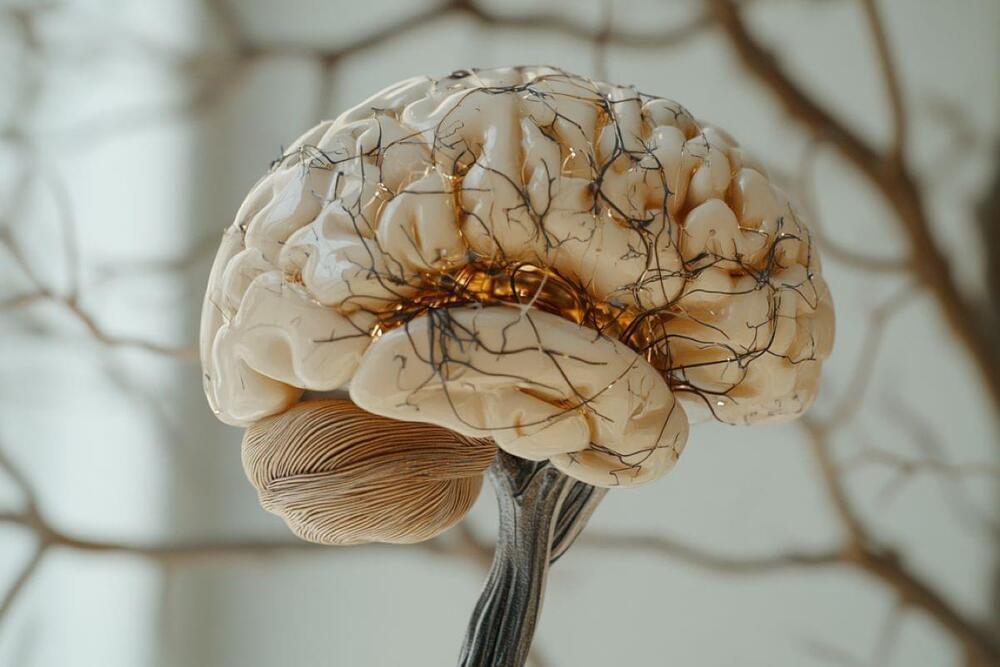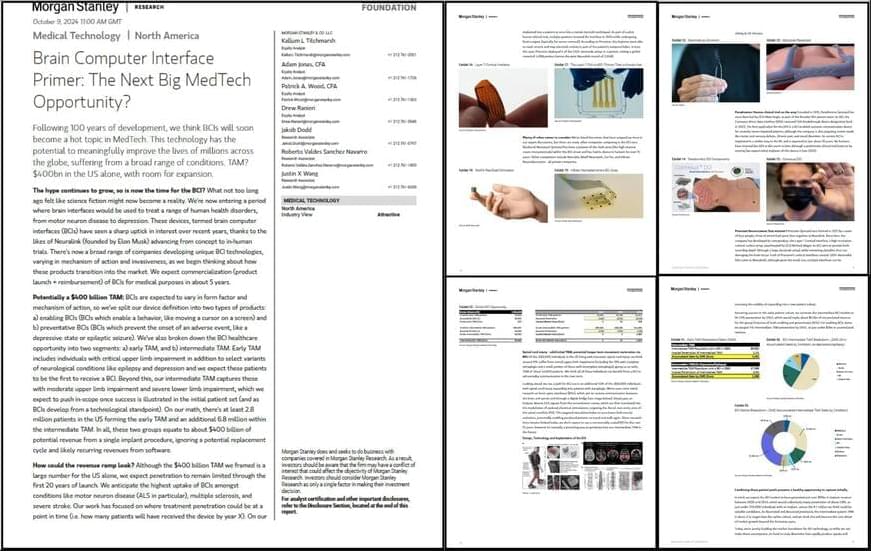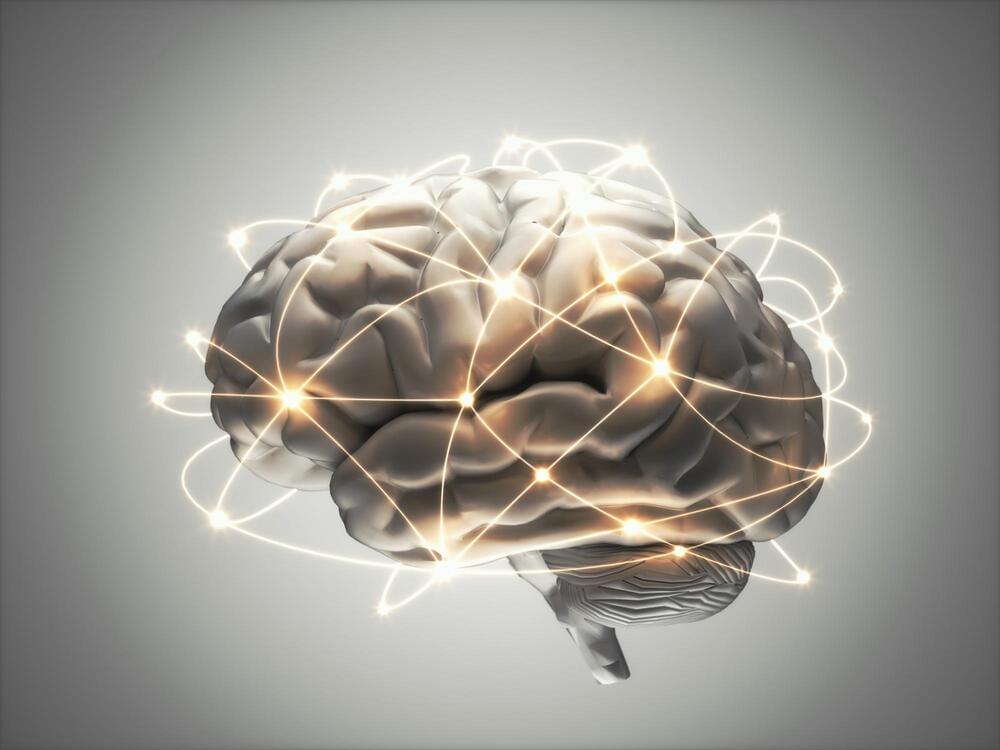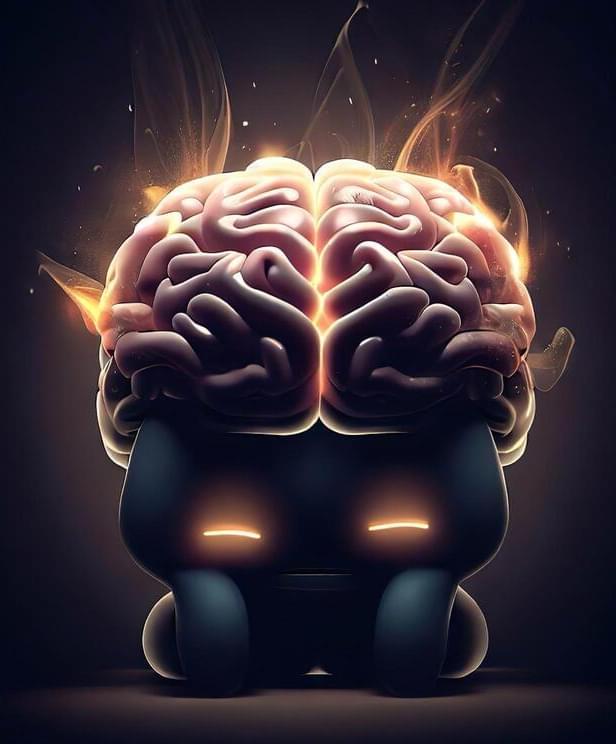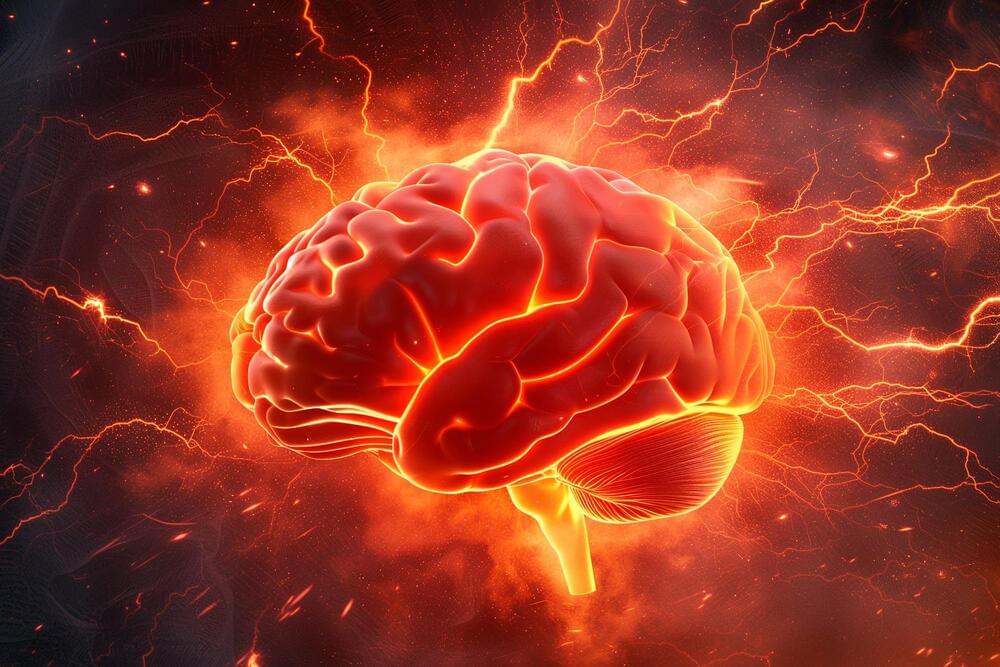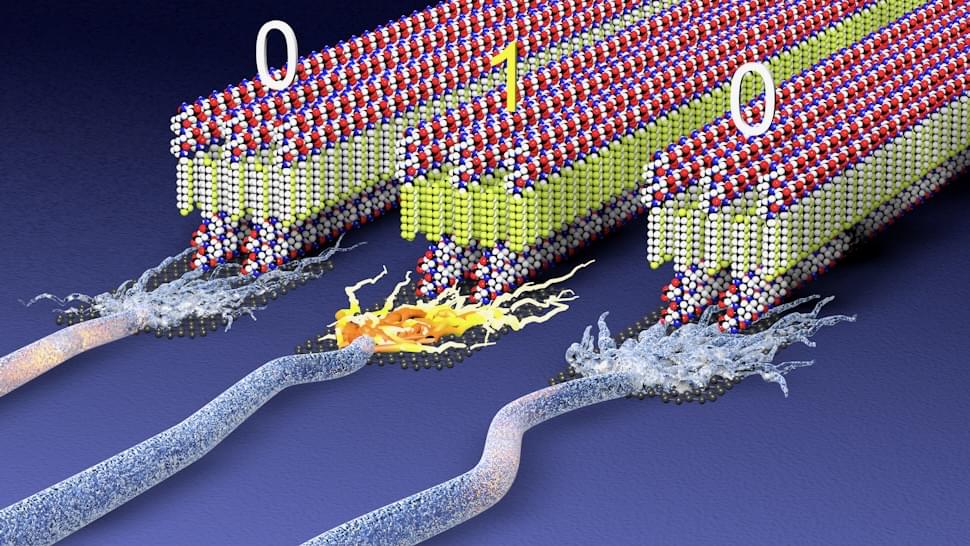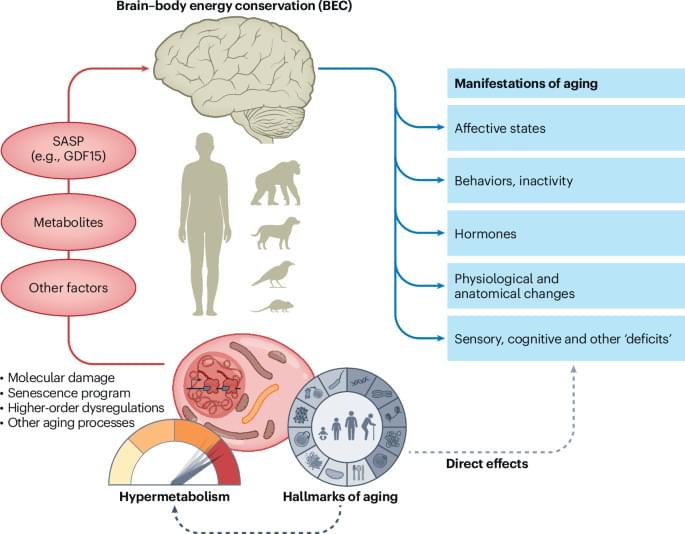Oct 27, 2024
Neuronal wiring’s role in brain function varies across regions, study finds
Posted by Genevieve Klien in category: neuroscience
Different brain regions are connected by—and interact through—networks of neurons. But the extent to which neuronal wiring drives shared function between these different regions is not well understood. Is this structure-function relationship the same throughout the brain? The same across functions?
